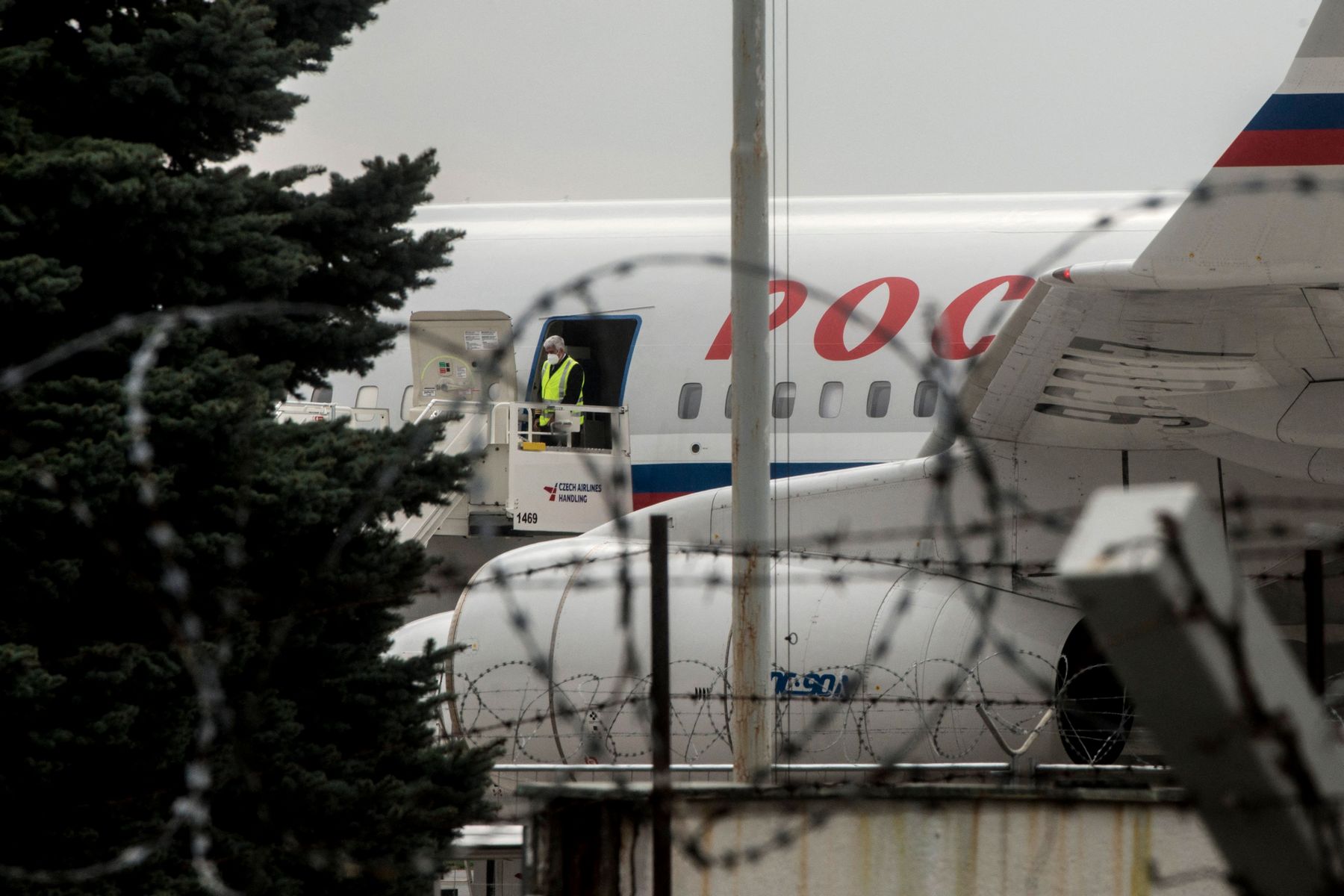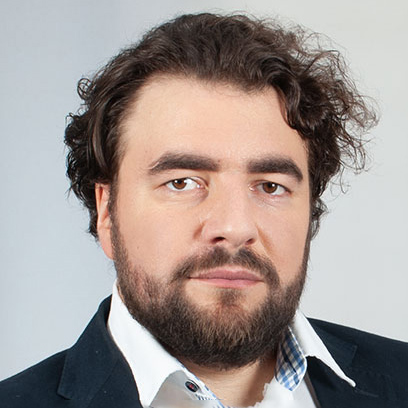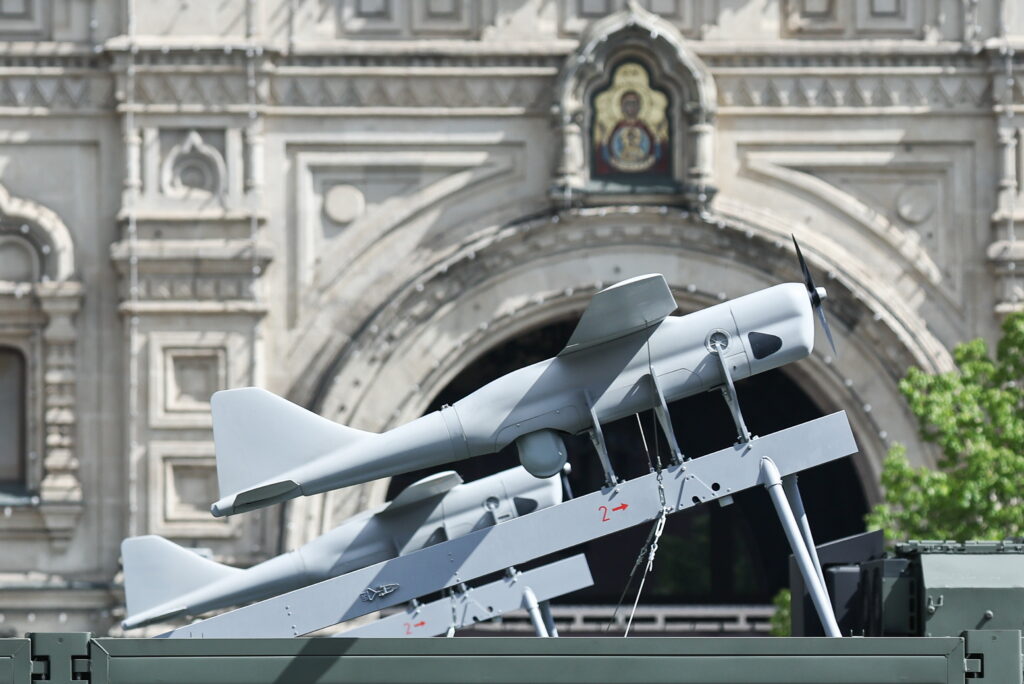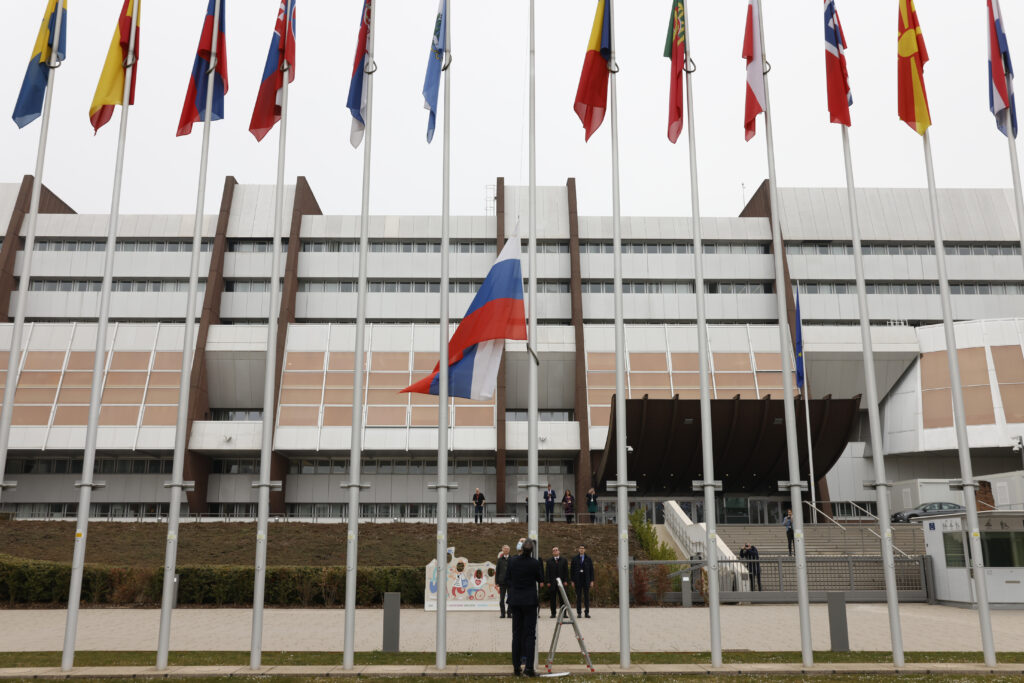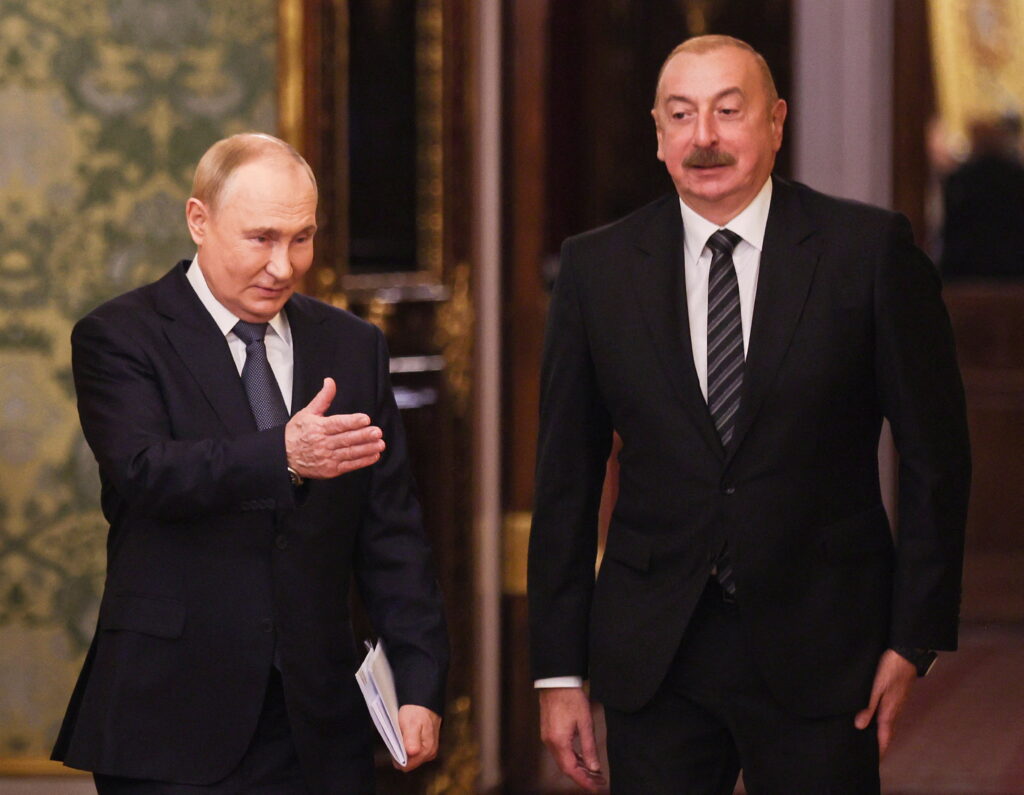A major diplomatic spat is developing between Russia and the Czech Republic. Without question, this is the largest rupture in relations between the two countries since the collapse of the USSR and Czechoslovakia.
Ongoing and fluctuating tensions between Russia, the US and the EU is one major cause. Others could be the buildup of Russian troops on the borders with Ukraine or reports of a coup d’état in Belarus allegedly prepared from abroad.
In Prague, though, Czech authorities are pointing to a more direct reason for deteriorating relations: they accuse Russian intelligence officers of carrying out an explosion at an ammunition depot in Vrbetice in 2014.
To reprimand Russia, the Czech Republic has expelled 18 Russian diplomats who are allegedly members of the Russian military and foreign intelligence services. As a tit-for-tat, Russia then took similar measures against 20 Czech diplomats.
In the footsteps of Skripal
Cranking up the pressure, Czech police have placed Alexander Petrov and Ruslan Boshirov on the wanted list (in real life, the pair’s last names are Chepiga and Mishkin). These two Russians gained notoriety after the British authorities accused them of attempting to poison ex-GRU officer Sergei Skripal in 2018 with a rare and highly toxic Novichok nerve agent.
In the wake of this notoriety, other countries investigated earlier movements of Petrov and Boshirov and a few roads led to Prague. For example, it was revealed that in 2014 these GRU officers had already been to the Czech Republic. Initially, it was believed that the pair could have been trailing Skripal, who had visited Prague to advise the local special services.
The results of a new investigation shine a different light on Petrov and Boshirov’s Czech tourism. They are now accused of arriving here on October 11, 2014 to destroy military cargo bound for Bulgaria and stored in a warehouse in the town of Vrbetice. The first bomb detonated ahead of schedule on October 16, killing two people. The second in December. Though the shipment was for Bulgaria, it was likely for resale to Syria or Ukraine.
In December 2014, Chepiga and Mishkin received the award of Hero of Russia for “carrying out a peacekeeping mission.” Journalists later assumed it was related to the evacuation of Viktor Yanukovych from Ukraine to Russia in 2014. The Czech bombing operation now seems like a more credible theory.
Granted, there are still holes in the investigation; the ex-president of the Czech Republic, Vaclav Klaus, known for his sympathy for Russia, declared his distrust of the official version. But even without examining all the controversial issues, an important conclusion can be drawn from the Czech version and the Russian reaction: the Czech Republic, at least in recent years, was the base for various Russian foreign policy operations. At the same time, the Russians tried not to work hard against the Czechs. The death of two Czech citizens was not the result of malicious intent, but of the fatal mistake of Boshirov and Petrov. The attack was directed, presumably, against the Bulgarian arms dealers and, possibly, Ukraine.
The notion of the Czech Republic as a base for Russian influence in the region is perhaps validated by the expulsion of 18 Russian diplomats at once. According to Czech counterintelligence, these figures worked for Russian intelligence. In some countries of comparable size, there are fewer diplomats than there were Russian agents in the Czech Republic. Now this center is temporarily weakened or even completely incapacitated.
Hard landing
Russia responded by expelling 20 Czech diplomats. This is practically the entire composition of the Czech diplomatic mission in the country, including two consulates – in St. Petersburg and Yekaterinburg. It will not be possible to restore this capacity without the consent of Russia. So this means the termination of the real work of diplomatic missions, though it stops short of breaking diplomatic relations entirely. The ambassadors are not being recalled, and possibly both embassies will even continue to issue visas in limited quantities.
In the coming weeks and months, the Czech Republic, as before with the UK, will demand the extradition of Petrov and Boshirov for a trial. Some Czech politicians publicly called the behavior of the Russian special services “an act of state terrorism”. Elsewhere, Czech diplomats have turned to western allies for support and have already received it in words from the US, Latvia, Great Britain and NATO. If the spiral of mutual sanctions unfolds, then the Czech Republic may demand from its NATO and EU allies “solidarity sanctions”.
Nuclear reactions
Czech Deputy Prime Minister Karel Havlicek recently fired a nuclear supervisor who opposed Russia’s participation in the $6 billion tender for the completion of the Dukovany nuclear power plant. Now, Havlicek himself says that Rosatom’s participation is hardly possible.
How can Russia respond? An obvious option is the termination of air communication, as it was the case recently with Turkey. The coronavirus pandemic became a convenient pretext for the suspension of flights to Turkey. Yet the former head of Rossotrudnichestvo, Deputy Speaker of the Federation Council Konstantin Kosachev, then honestly called this decision a “test of patriotism” and linked it with the Turks not recognizing Crimea as part of Russia. Probably, in the case of the Czech Republic, the tourism industry will also become a victim – the flow of tourists from Russia will probably not recover even after the pandemic.
Kremlin may also impose economic sanctions. Mostly against Czech business in Russia. On March 30, the website of the Czech Embassy in Moscow published a list of Czech companies looking for Russian partners. Obviously, they won’t find them now. Problems may arise at the Skoda assembly plant in the Kaluga region, although the main owner of the company is not the Czech Republic, but the German car making giant Volkswagen.
A march to the West
The conflict between the Czech Republic and Russia followed another aggravation of relations with the United States (imposition of sanctions, expulsion of diplomats). The Russian Foreign Ministry says that this is not an accidental coincidence, but Prague’s adherence to Washington’s policy. This may not be the case. But even if the claims of the Czech government that the timing is accidental, it is not difficult to note that the aggravation of relations between Prague and Moscow as a result of the annexation of Crimea, the war in eastern Ukraine and the general confrontation between Russia and the conditionally “collective West”.
At the same time, the Kremlin by its actions rallies the “collective West”. The reputation of Russia itself, and especially of its intelligence, works against it in the Czech Republic and in the countries of Central and Eastern Europe in general. Earlier many of these countries, for the sake of greater stability of their economies, or for the sake of maintaining greater independence from Western Europe and the United States, considered it beneficial to cooperate with Russia after the collapse of the Soviet bloc. Even recently, according to data for 2019, the Czech Republic, with a population of just over 10.5 million people and a GDP of about $250 billion, ranked 18th in the list of Russian trading partners. With a total turnover of about $ 8.5 billion, imports to Russia amounted to more than $3.7 billion, with almost half of equipment and machinery.
Relations with Russia in the Czech Republic were always quite different for the Baltic republics of Latvia, Lithuania and Estonia. After gaining independence, these countries actively sought to distance themselves from Moscow and total trade turnover with Russia is little over $12.5 billion (mainly supplies of Russian energy carriers to the Baltic states). By contrast it was appealing in the Czech Republic to trade with Russia and it was logical from the point of view of geography. But now even President Milos Zeman, known for his contacts with the Kremlin, does not risk publicly doubting the government’s version of events. It is hardly worth taking into account the cautious attempts of Prime Minister Andrei Babis to convince fellow citizens that the explosions in Vrbetice were not a “terrorist attack”, since the target was not Czech citizens, but they died as a result of the mistake of Russian executors. This strange logic came to him after the EU declared, contradicting the Czech Deputy Prime Minister Gamacek, that the Czech Republic did not ask for solidarity sanctions against Russia. Which can be understood as a frank hint to slow down and pause, but not stop the scandal.
Still, Russia’s “march to the West”, including the risk of a new war over Ukraine and the situation in Belarus, obviously leaves less and less room for maneuver. Counterpressure from the West is also increasing. In response, countries like the Czech Republic are forced to clearly define their foreign policy orientation. And this choice is not made in favor of Russia, which all these years was still a backup option, and not the main partner or ally.
